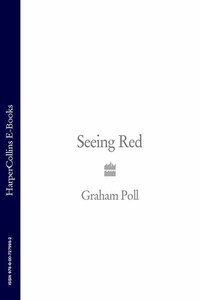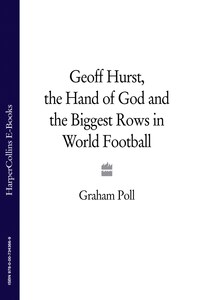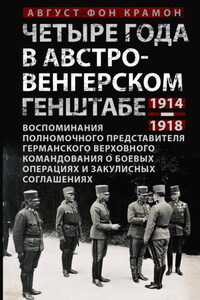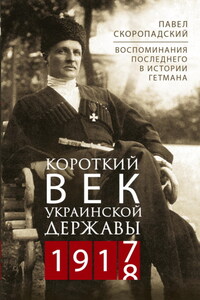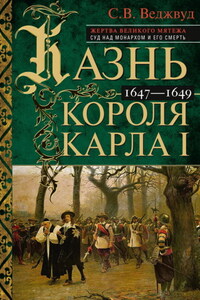By Sir Alex Ferguson
Referees have football’s poisoned chalice. Obviously the game needs refereeing and yet very few people want to do it. So the likes of Graham Poll, who get involved at a young age at grassroots level, deserve enormous credit and the thanks of all us who care about the game of football. Perhaps – no disrespect, Graham! – they are not the greatest footballers but they want to be involved in football because they love the game, and that is a very good thing.
Then, if they work their way up to professional level and the very serious stuff, they become the focus of an enormous amount of scrutiny. It is not just me, and all the other managers, watching their every move and being very demanding. It is not just the players and the fans who are focused on everything they do. It is, of course, all the television cameras. If a referee makes the smallest mistake, a television analyst will tell the world, ‘That mistake cost this team a goal.’ It is incredibly difficult to have the confidence to make decisions in those circumstances. Big brother is watching you all the time.
That is why, when the discussions were going on about referees becoming full-time professionals a few years ago, I was against the move. At a meeting in London about the subject I said that it didn’t matter how much referees were paid and how often they trained, some of them would still not be able to make decisions. I said that it would not matter if we paid referees £300,000 a week and got them training every day; some of them would still not be able to make decisions.
I think I have been proved right about that. Some of our professional referees still cannot make decisions. That is a human characteristic which you will find in every walk of life. It is not confined to refereeing. You can either make a decision or you can’t and I have worked with people, and known people, who just cannot.
My summary of Graham Poll is quite simple. He can make decisions. Without question, in my time in England, he has been the referee who has been easily the best decision-maker of all. He has been able to deport himself throughout his whole career with a confidence, and with expression, which has never been diluted by the presence of dozens of TV cameras watching him.
That view is supported by sound evidence, because it is not just me who thinks Graham has been a good decision-maker. That is what many others have said. That praise has enabled him to go into games with a certain confidence, but he had to have the gift for decision-making in the first place and had to earn the praise that came his way.
I am not saying that he gave decisions I approved of, or which favoured my club. He has taken some of our big games, and he has been hopeless in some of them! But now, as Graham is retiring, I am not assessing his career on the basis of some decision he made ten years ago or something like that. I am appraising him on the basis of the whole career and, as I say, he was never afraid to make decisions. When, as a manager, you take your team to places like Arsenal or Chelsea or Liverpool for really big games, you want a strong referee and that is why, for those huge fixtures, I was generally pleased to see the referee’s name listed as ‘Graham Poll’.
The other aspect of his character which struck me, as well as his ability and readiness to make decisions, was that he smiled when he refereed. I noted that the very first time he refereed a Manchester United game – against Queens Park Rangers in 1994. I remember that, in my match report to the authorities about the referee, I wrote that Graham was the first referee I had seen since arriving in England who I thought had a chance of being very good. I made that comment because I had seen him smiling.
With some referees, if they smile you get worried because you think they are about to do something to hurt you! But lots of them are too uptight to smile at all during the ninety minutes. Over the years, I came to know that when Graham smiled during a game, it meant he was relaxed and enjoying himself and enjoying the game. He was delighted to be on the pitch with great players and able to express his individuality.
